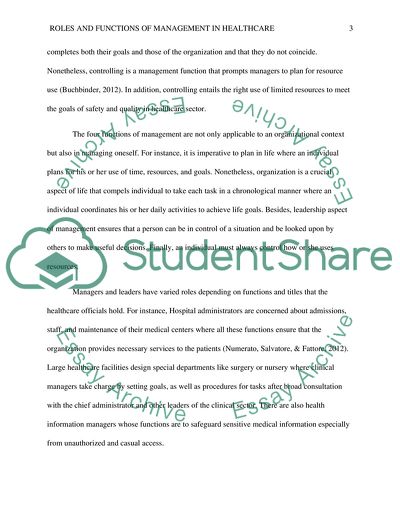Not Found (#404) - StudentShare. https://studentshare.org/medical-science/1859495-role-and-functions-of-management-in-healthcare-settings
Not Found (#404) - StudentShare. https://studentshare.org/medical-science/1859495-role-and-functions-of-management-in-healthcare-settings.


